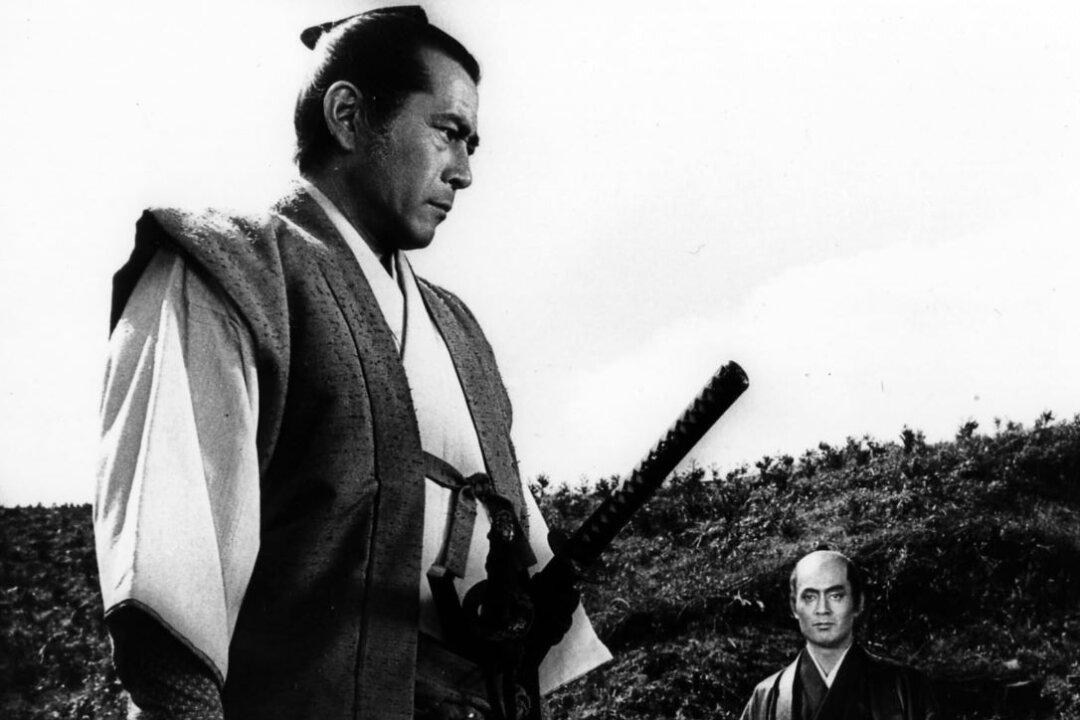NR | 2h 8m | Period Drama | 1967
If I’ve always considered Akira Kurosawa the emperor of Japanese cinema, Masaki Kobayashi is its prince. His films, like the harrowing anti-war masterpiece “The Human Condition III: A Soldier’s Prayer” (1961) and the hauntingly intimate “Harakiri” (1962), are more than stories. They’re bold examinations of humanity under pressure.






